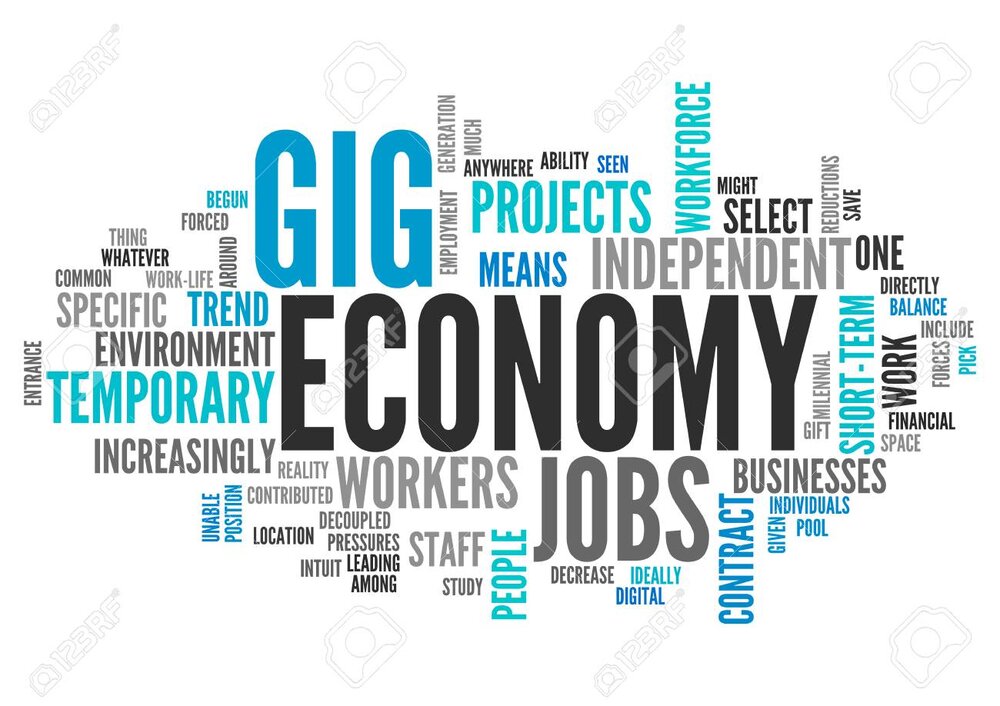Gig economy, a real assist for small businesses

A “gig” economy, otherwise called a freelance economy that has an independent workforce, helps small businesses and independent contractors succeed. Obviously, it is difficult for small businesses to compete against large corporations which have economies of scale, but a gig economy can be a tremendous aid for small businesses and individuals and sharpen their competitive postures. The gig economy also opens up a global marketplace for independent contractors to expand their customer base nationally and internationally. Online outsourcing has proven to be a transformative medium in the global economy.
In gig economies, individuals market their skills, whether in unskilled labor markets, such as Uber drivers, or as skilled professionals, such as coders who bid out their services on sites such as Upwork. Thus, companies promoting the gig economy allow freelancers to generate a livelihood from a host of potential activities. Gig economy companies can also provide jobs such as food delivery, passenger transport, and professional and domestic services (such as cleaning) through their platforms. In the gig, world outsourcing work is common when consumers and companies find new ways of providing services and when idle capacity can be employed. Here, supply and demand are brought together more efficiently with innovative technologies.
Startups usually must embrace growth initiatives, because they just don’t have enough time, money and manpower. This is where the gig economy comes into play which benefits the startups to grow their business and achieve their goals. The advantages of freelance market platforms also offer significant benefits to talented workers. Gig workers are their own boss, they can set their own work hours, and different tasks require skills that might be right up their alley. This can be immensely appealing.
However, the growth of a gig economy should be monitored and managed carefully. It is a general workforce management system, in which independent workers, flexible jobs and short-term engagements are commonplace. It differs from the traditional employment system of full-time workers who rarely change jobs or careers. In the gig economy, the gig (an individual task, job or assignment) is often a small portion of a gig worker’s income. This is a flexible system where small businesses pay when they have work to be done and staff redundancy and costs can be reduced if not eliminated entirely.
With a freelance marketplace, businesses can often maximize flexibility by hiring freelancers who do not need to work during set hours. Frankly, business cannot easily find the experts who have all the skillsets that are needed to get tasks done. Hiring freelancers through the gig economy platforms positions businesses in a situation where they can have a professional for each and every task. Furthermore, the business can optimize their costs through gig economy when they find a freelancer who is the right fit for the project before they establish a schedule for the task. Additionally, this minimizes the administrative cost and reduces the time needed to hire for some particular job.
